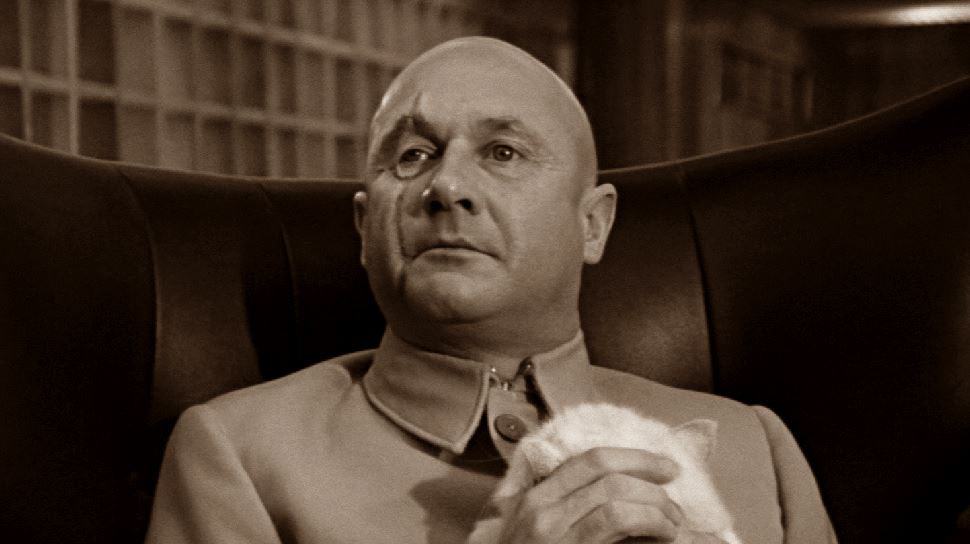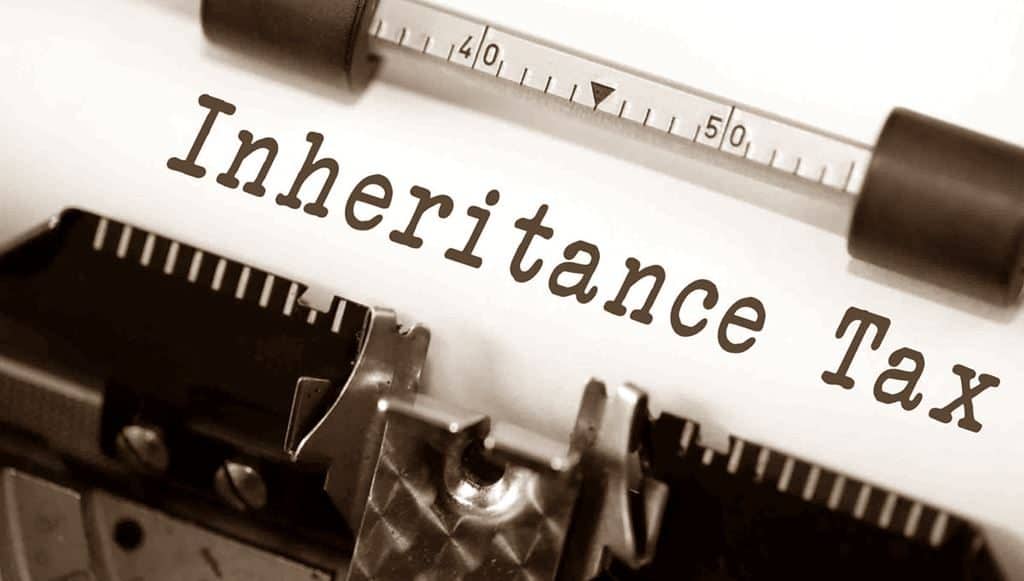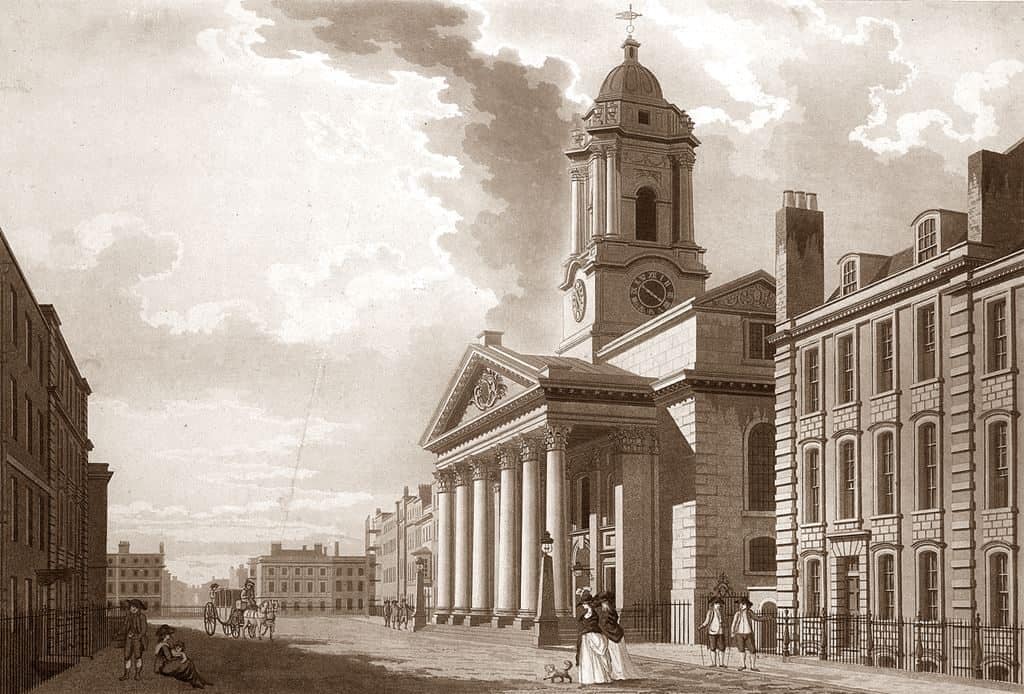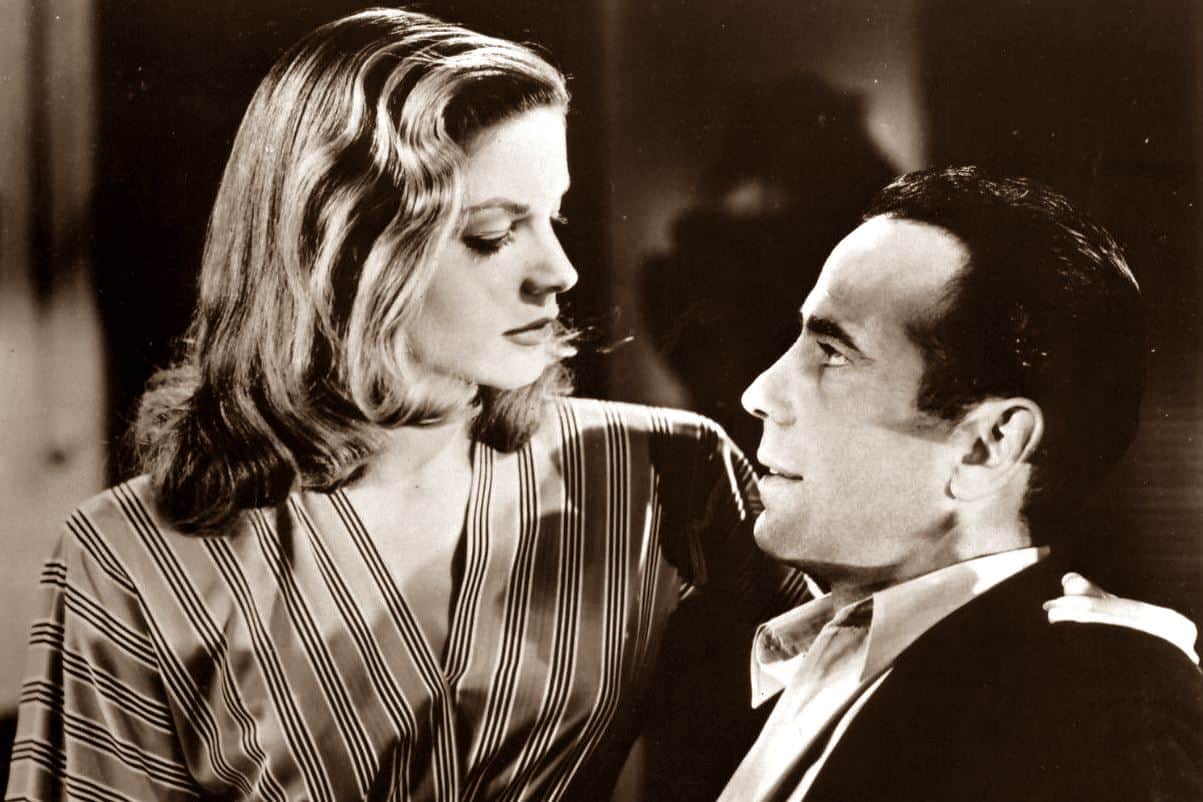I wonder what the legendarily mean J Paul Getty Snr would have made of the Resolution Foundation’s recent (May 2018) recommendation that all young people in the UK should receive a cash gift of £10,000 when they reach their 25th birthday.

The payment, described as a “citizen’s inheritance”, is designed to redistribute wealth at a time when young people need it most to find housing, return to education or start a business.
It is also intended to reduce resentment towards the so-called silver surfer generation, baby boomers (born 1946-65) who have typically done better out of the housing market and pensions than any subsequent generation.

The idea has emerged from the imperious Resolution Foundation’s intergenerational commission, which has been labouring on the issue for two years and has just published its final report.
I was casually pondering the Getty scenario apropos the Resolution Foundation as I researched JP’s early life. There are connections.
As a 22-year-old in 1914, the young, hugely ambitious JP was handed a gift of $10,000 by his dad, George, who had handily made a fortune by drilling for oil in Oklahoma in the early 1900’s.

At a time when the average American worker was lucky to earn $600 a year, $10,000 was a mind-boggling amount of money for a young man to be handed on a plate.
As a kid in the 1960s – with pocket money of three shillings (30p) a week and a four-hour Saturday milk round securing a further two shillings and sixpence (25p) – I recall being fascinated by the mythology surrounding Getty and his billions of dollars, all ultimately stemming from that $10k ‘gift’.
The notion that one person could accumulate such staggering wealth was hard to get one’s head around. Very, very rich people with more money than they knew what to do with (Getty reckoned that if you could count your money you were not seriously loaded) were few and far between.
More commonly, the crazily rich were more likely to be encountered on the big screen. Fictional nut jobs, like Ernst Stavro Blofeld – or Auric Goldfinger, compellingly played by the generously proportioned Gert Frobe – who drove a solid gold vintage Rolls Royce and would think nothing of building a lethal rocket or two inside a hollowed out South Pacific island while examining ways to plunder the world’s cash reserves.

But, as ever, life is stranger than fiction, and Getty was the real ticket, a money fixated workaholic who, according to legend, exhibited miserly ways that were surreally disproportionate to his means.
Of the many stories alluding to the oil tycoon’s parsimony, one of my favourites is the occasion when Getty allegedly invited a group of friends to accompany him to a dog show in London (see Wikipedia), only to have them walk around the block for 10 minutes until the tickets became half-priced at 5 pm, because he didn’t want to pay the full 5 shillings per head (about ₤12/$17 in 2018).
I suspect I know what J Paul Getty’s view would be on the Resolution Foundation’s £10k to all those under 25 idea – despite having been the recipient of an extremely generous gift, albeit from his own family, over 100 years ago.

If such an idea did get a green light, how would it be funded? Principally by a change to inheritance tax. As inheritance is currently taxed at 40% above a threshold of £1m for many, it is proposed that the current system would be replaced with a new 20% tax on all gifts or inheritances throughout one’s life up to £500,000, and then at 30% above that.
Inheritance tax in the UK clearly needs to be overhauled. As we have seen time and again, crafty and judicious estate planning by the extremely wealthy – such as the late Duke of Westminster, who passed away last year but whose estate has been ring-fenced by clever family trust planning – will always prove divisive and unpopular in the extreme.

But it is also grossly unfair, with many ordinary citizens obliged to pay 40 per cent tax on their estates once beyond the personal allowance – even though they have already for the most part been punitively taxed while earning the money in the first place.
With enormous divisions in the wealth of the country there are bound to be resentments from all quarters regarding the bright idea of gifting £10k to those weighed down with substantial student debt and faced with the prospect of having to save tens of thousands of pounds for a deposit just to get a foot onto the property ladder – assuming they will then be able to jump through endless hoops to secure a mortgage.
Inheritance tax laws in the UK are both archaic and cynical, and there is no real place for them in 2018. Giving money away at the expense of others is also not the answer. But there is a genuine need for the gaping divisions of wealth in our country to be properly examined.

It is not just the young who may hope for a £10k bung. The food banks I regularly see sprouting up around my home town of Brighton are by all accounts used most frequently by breadline families where the parents are aged 40 plus and cannot cope. In 2018, at a time when the country is haemorrhaging money on an NHS obesity crisis, this strikes me as an absurd paradox.
Thankfully however this is not Venezuela, where astonishing 400 per cent inflation levels effectively mean that millions of ordinary families currently do not have enough to eat in the face of a horrendous economic crisis triggered by a collapse in the price of oil on which the country is so implicitly dependant.

As is the case in so many parts of the world today, mismanagement of economies by incompetent or avaricious administrations has directly led to a collapse in the living standards of entire populations. This is clearly not evident in the UK, one of the world’s richest and most successful economies.
But give away £10k to all under the age of 25? That’s a big ask.
As Phil Ancell one of my tennis club mates said the other day (in between glaring at me following my superb backhand return of serve) – a move such as this would be seen by many of a certain age as a diabolical liberty.
I daresay J Paul Getty would have a view.

